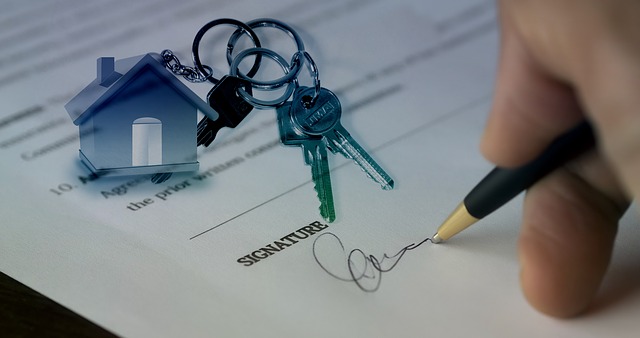Many people dream of buying a home to support their family or as a financial investment. The property can be the largest asset you may ever own, and it’s important to insure it. In a scenario where your money is not enough, and you will want lenders to assist, they would want you to purchase a homeowners insurance policy. You can apply for contents or building insurance. Contents insurance insures your building and furniture, clothes, electrical goods, etc. For the other, it insures the building only. Before you buy home insurance consider these six things.
1. Coverage
Some people wish to live in the woods while others think residing in community housing is more affordable. The homes have different risks, for example, the 2018 California wildfire razed some houses in the woods, but what insurance policies did they have?
The price of home insurance depends on the coverage you purchased for your entire property and where you stay and the types of natural disasters you are exposed to. Better coverage is more costly, but in case of anything, you will spend way less.
2. Your Type of Home
Generally, home insurance companies provide standard cover for homes built with brick and tile roofs or the ordinary American homes with wood sidings. If your house is somehow an unusual property, probably a glass house or a thatched roof, you might need specialist cover.
You need to get a home insurance quote from the insurer of your choice. The insurer should be dedicated to safeguarding your property and always available.
3. Whether it’s Replacement Cost or Actual Cash Value
It’s up to you to choose between insuring your home and belongings with either actual cash value, or replacement cost. Actual cash value is the exact amount that is used to repair or replace the damage caused on your home property after depreciation.
Replacement cost, on the other hand, is the amount that would be required to repair or rebuild your home or repair the damages with the same materials you used to build the house initially. That’s without deducting for depreciation.
4. Named Vs. All Risk Peril
When someone tells you to do something at your peril, they are warning you that you might suffer, and the word “Peril” means “cause of loss,” or specific risk, such as fire, flood, windstorm, or theft. You need to understand the difference between named and all risk peril.
A named peril policy is not as costly as all risk peril. It covers specific disasters listed and the fewer they are, the less expensive they will be. On the other side of the coin is all the risk peril coverage which is a bit costly, but it pays for all disasters unless a disaster is specifically listed on the policy as an exclusion.
5. What Else is Being Covered?
A home also has a garden, probably a shed, playing ground for your kids, and a garage for your set of cars. Imagine if a disaster strikes and along with the house, everything is damaged!
You need to know whether the home insurance policy covers those as well. Check with the insurance provider to see whether they provide cover for those and things stored in them since they are valuable as well.
6. Ask if They Are Offering Discounts
In some states, if you insure your property and your car with the same insurance company, they will offer lower prices or discounts. The company could be a sister company of another one which probably replaces the roof or installs the security system.
Ask your insurer what other services they offer, and if they provide another service apart from insurance cover. If yes, you can promise to use all their services as long as they give you a sensible discount.
Conclusion
Buying a home is one of the best decision you can ever make in your lifetime. Your family wants a roof over their head. Also, you can invest by buying a home to rent out. Whichever decision you make, make sure you purchase homeowner insurance.


Leave a Reply
You must be logged in to post a comment.